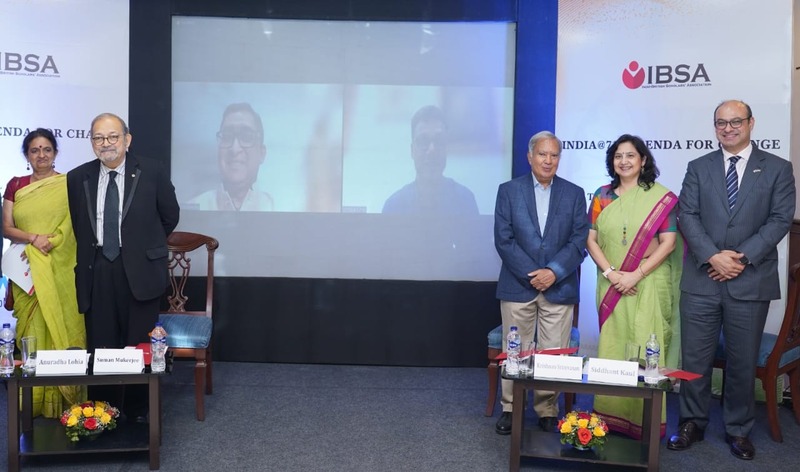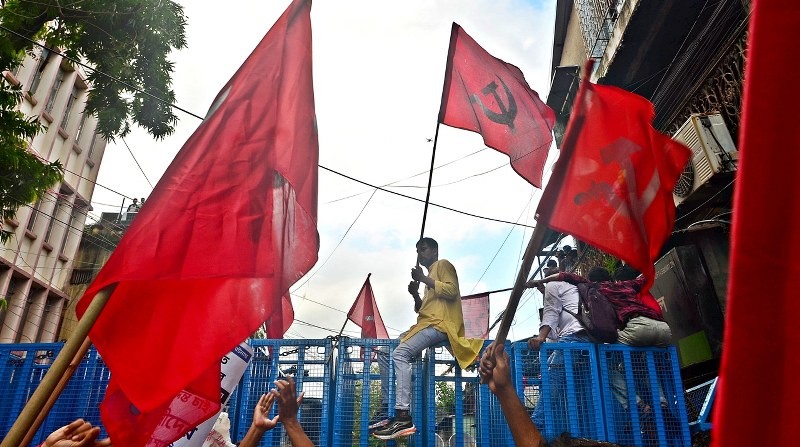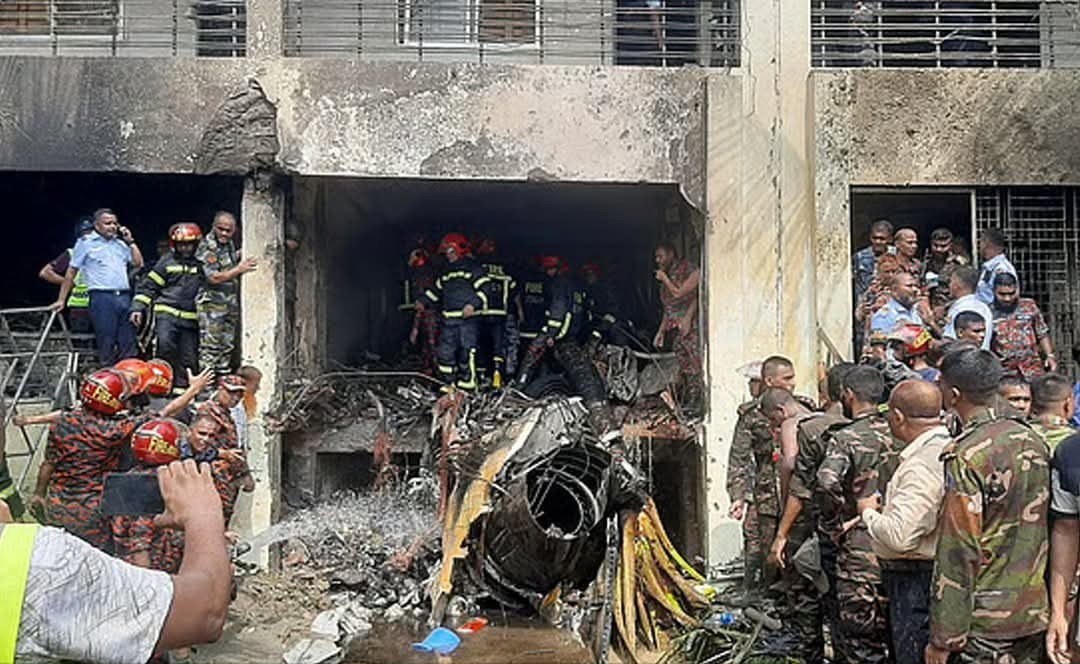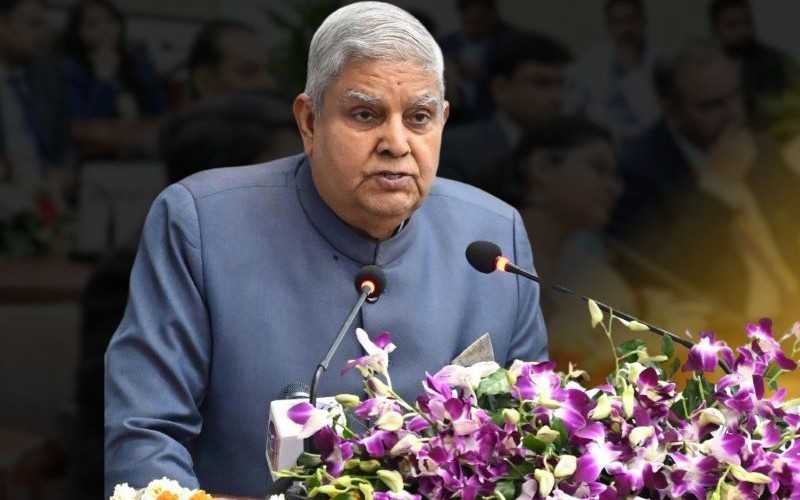Speakers hail India's growth journey and transformative education policy at IBSA panel discussion

Kolkata/IBNS: "Everything is conspiring to make India great" is the resounding sentiment echoed by panelists who hailed the pivotal changes in the country's New Education Policy (NEP) at a discussion titled 'India@75: Agenda for Change,' hosted by the Indo-British Scholars' Association (IBSA) here recently.
Dignitaries from the world of corporate, academic, legal, and foreign policy domains converged to deliberate on India's economic and industrial landscape at the panel discussion held in collaboration with Tata Steel on Aug 14.
The panel delved into critical themes, including the pace of educational reforms, the imperative for job creation and upskilling, challenges posed by urbanization and pollution, the state of regulatory frameworks, India's global positioning, and its aspirations as an economic powerhouse.
The panelists included- Prof. Anuradha Lohia, Former Vice Chancellor of Presidency University, Krishnan Srinivasan, Former Foreign Secretary and Deputy Secretary-General of the Commonwealth, Prof. Nirmalya Kumar, Professor of Marketing at the Lee Kong Chian School of Business, Singapore Management University, Shiv Siddhant Kaul, Managing Director of Nicco Engineering Services Ltd. and Honorary Consul General of the Republic of Korea in Kolkata and Vikramjit Banerjee, Senior Advocate practicing at the Supreme Court of India.
Prof. Suman Mukherjee moderated the dialogue, fostering insights on sustainable growth and equitable progress.
The focus of this engaging discourse was to strategize for India's continued growth journey, addressing challenges to attain sustainable development while ensuring job opportunities and workforce upskilling.
Amid discussions on the New Education Policy, Prof. Anuradha Lohia highlighted its transformative approach, aiming to "seamlessly integrate" education and industry and reduce academic disruptions.
While recognizing the potential of Artificial Intelligence (AI), she cautioned about its influence on societal divisions, emphasizing the need for balanced access to technology.
Providing less primary education in the rural areas would lead to a "greater urban-rural divide than AI," added Prof. Lohia.
"Everything is conspiring to make India great," stated Siddhant Kaul on the development of India.
Prof. Nirmalya Kumar underscored the reasons to invest in India—its expansive market and global R&D contributions.
He said, "We need technical education to harness the capabilities of the IT sector in India."
With a collective aspiration for India's greatness, the panel illuminated the path forward, envisioning a nation poised for significant growth and impact on the global stage.





